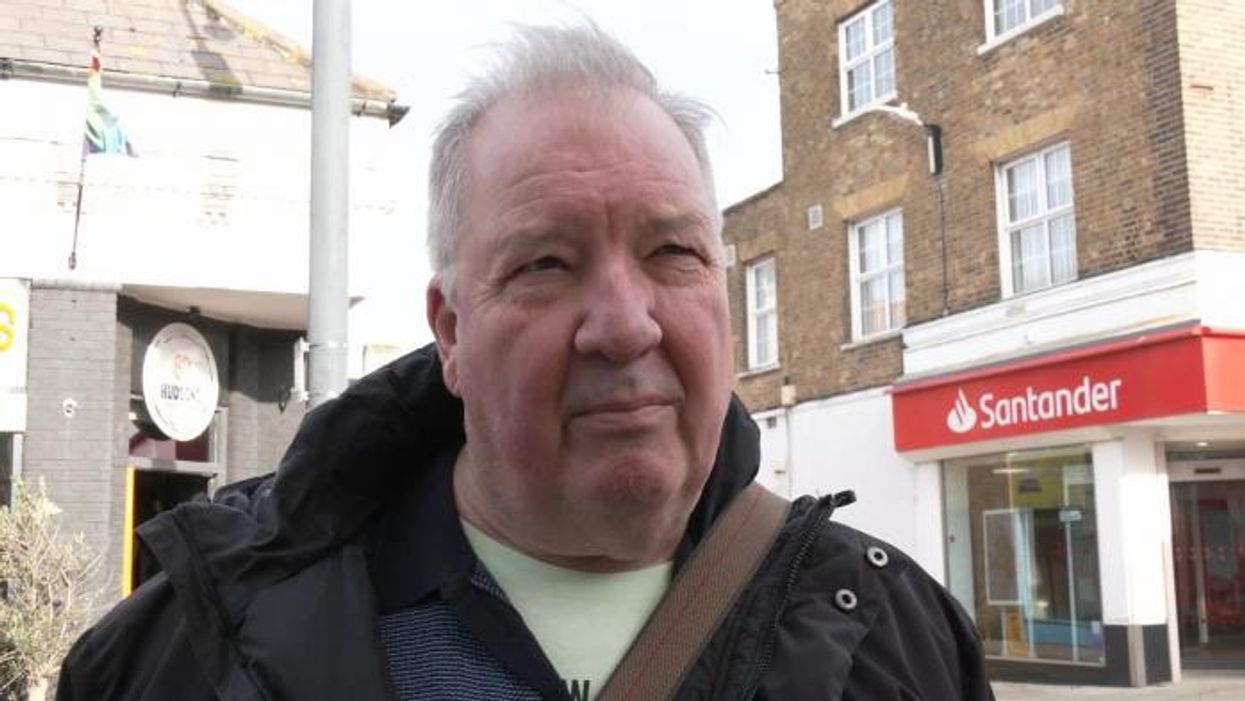BRITAIN'S SHAME: Gen Z say they would actively AVOID fighting in war to protect UK
Men, Conservative voters and Brexit-backers were the most likely to voluntarily fight for the UK
Don't Miss
Most Read
Trending on GB News
Only 14 per cent of Britons aged 18 to 24 would willingly fight for the UK if conscripted for World War Three, a shock opinion poll conducted for GB News has revealed.
Generation Z were the most likely to say they would do anything possible to avoid fighting in the potential conflict.
More than two in five (43 per cent) of respondents aged 18 to 24 claimed they would do whatever it takes to avoid joining the frontline.
However, 14 per cent also claimed they would only fight for the UK if they had to.
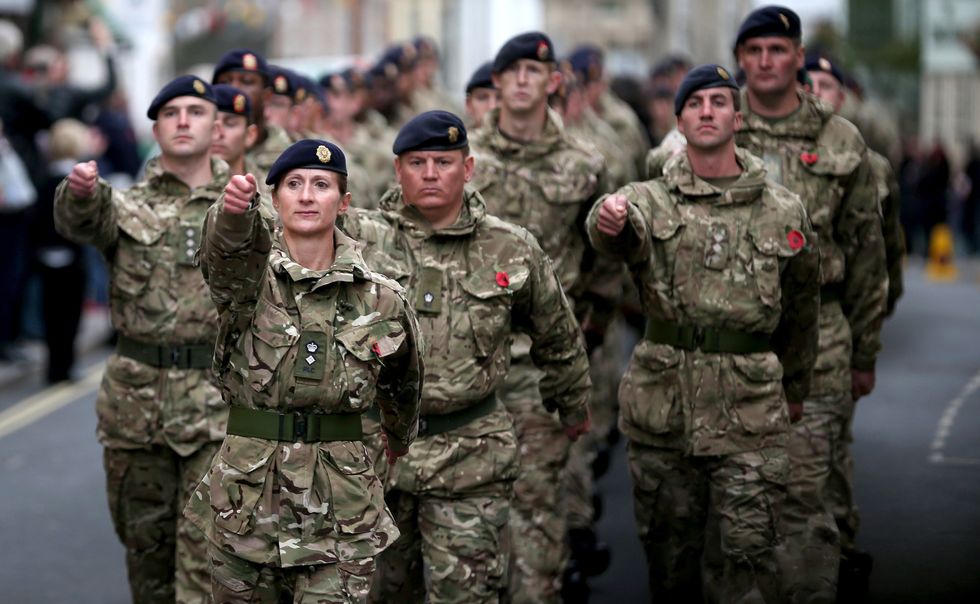
The British Army is in the midst of a recruitment crisis
GETTY
Generation Z were the most likely to avoid fighting, with 40 per cent of respondents aged 25 to 49 doing the same.
The proportion drastically fell to 28 per cent among 50 to 64-year-olds and 12 per cent for over 65s.
Just 17 per cent of overall respondents would willingly fight for the UK, with men, Conservative voters and Brexit-backers topping the list at 27 per cent, 32 per cent and 31 per cent.
The overall figure is only slightly higher than the 14 per cent who would do so if forced but much lower than the 30 per cent who would avoid the potential global conflict altogether.
Two in five Remainers, almost half of Labour voters and 36 per cent of women said they would do whatever possible to avoid conscription.
LATEST DEVELOPMENTS: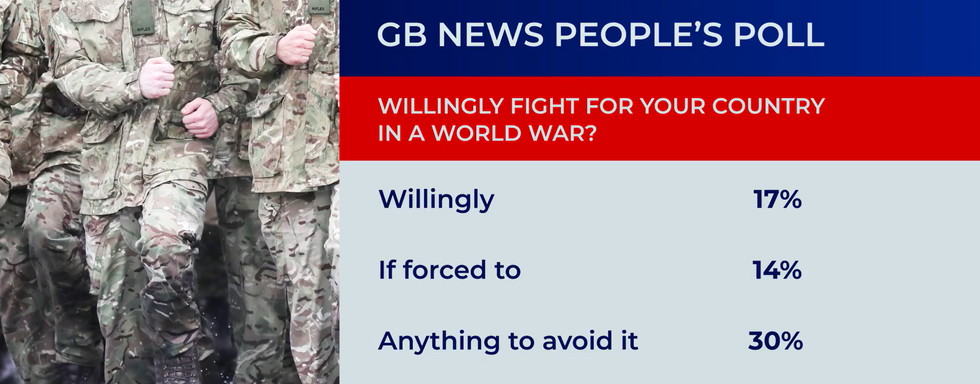
A new poll for GB News revealed only 17 per cent of Britons would willingly fight for the UK in a world war
GBN
Speculation about the British military conscripting recruits comes after the outgoing Chief of the General Staff Sir Patrick Sanders said the UK should “train and equip” a “citizen army”.
Armed Forces Minister James Heappey responded by saying: “Nobody has ever mentioned it [conscription], nobody is even thinking about it. CGS didn’t say it. It is all nonsense.”
A spokesperson for Rishi Sunak added: “The British military has a proud position of being a voluntary force. As I say, there’s no plan for conscription.”
Conscription was enforced across the UK during both World War One and World War Two.
Compulsory national service was introduced in 1949 to ensure all men aged 17 to 21 had to serve in one of the armed forces for an 18-month period.
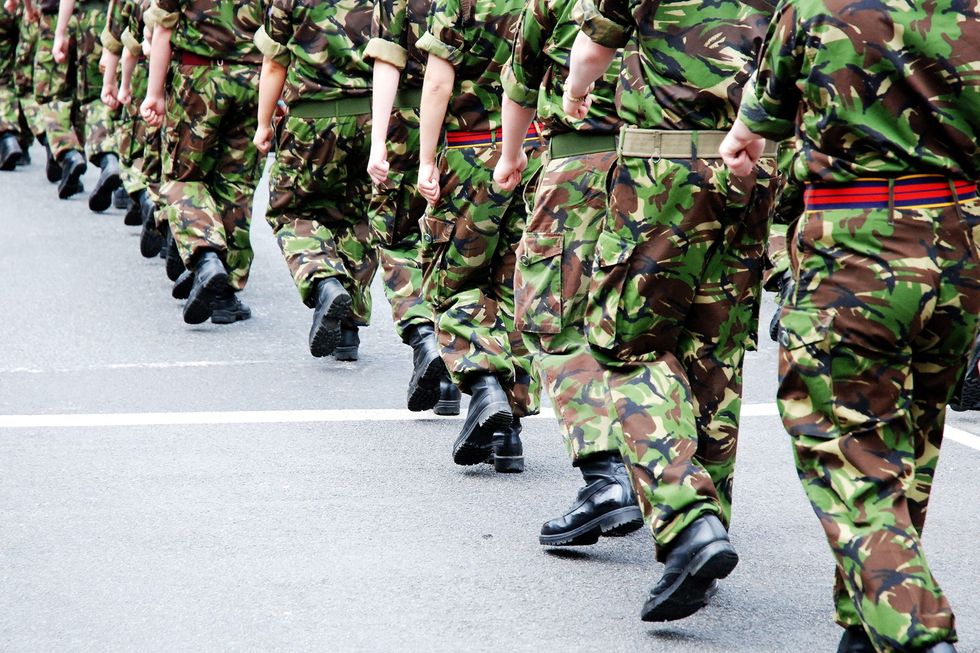
There is significant hesitance about joining a global conflict among Gen Z
GETTY
The recruits would then remain on the reserve list for another four years.
National service ended in 1960 and the last men were discharged three years later.
The UK’s military is currently facing a recruitment crisis, with the British Army predicted to have just 72,500 fully-trained soldiers by 2025.
The figure is only fractionally lower than the current number enlisted but well below the more than 100,000 full-time fully-trained personnel in 2010.
Despite Whitehall dismissing speculation about conscription, there is an increasingly wideheld view that the military is too small.
A defence source told The Telegraph: “The army is too small and is being asked to do too much for its resource and size.”
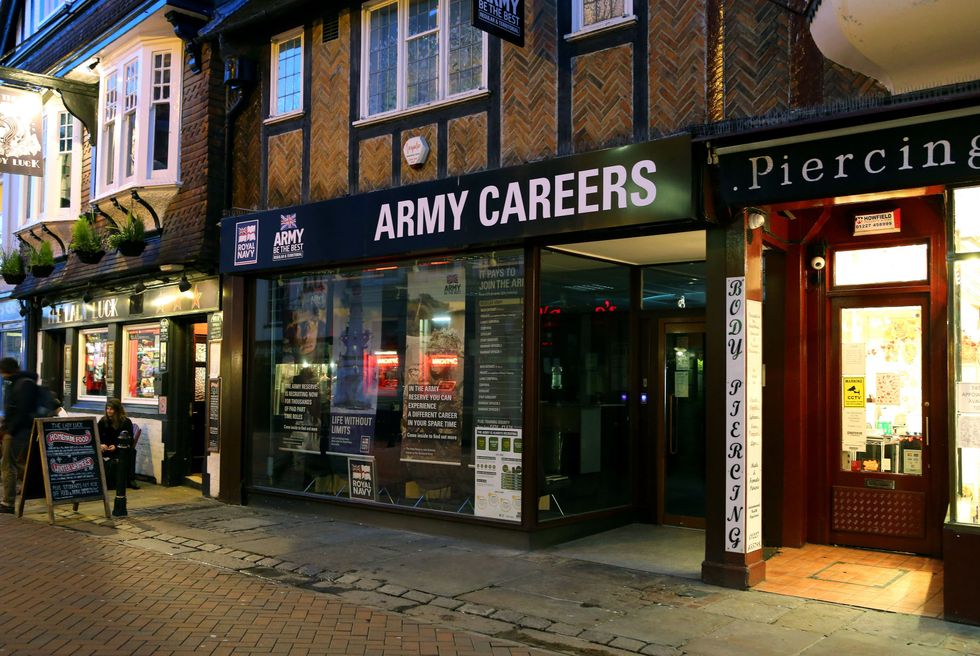 The army is predicted to have just 72,500 fully trained soldiers by 2025PA
The army is predicted to have just 72,500 fully trained soldiers by 2025PAHowever, the UK remains one of just 11 Nato members to spend two per cent of its GDP on defence.
Poland emerged as the top per capita contributor on 3.9 per cent, with the US an Greece marginally behind.
The UK’s 2023 contribution as a proportion of GDP stood at 2.1 per cent, also behind Latvia, Hungary, Romania, Finland, Lithuania and Estonia.
PeoplePolling conducted its survey for GB News on January 25 and included a sample size of 1,648 British voters.

